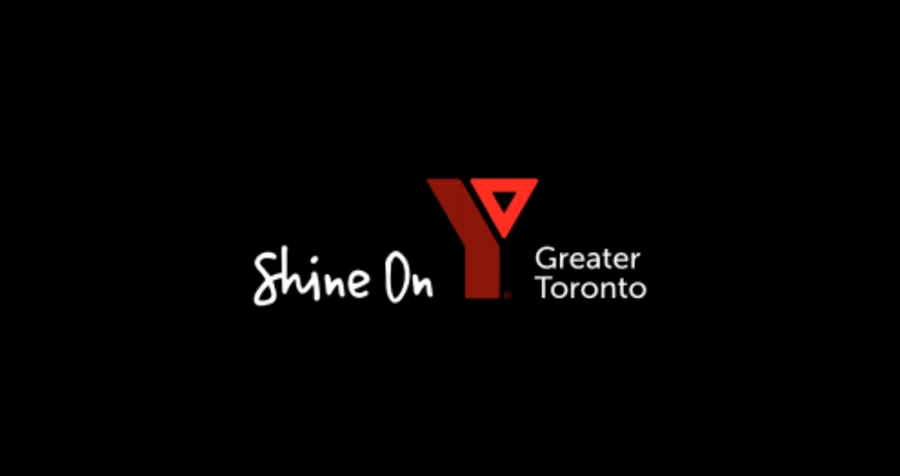Applying for a summer job: 3 tips for students

Looking for a summer job can be quite competitive. Many students seek employment for the summer months, and though there may be a lot of vacant positions in your area, the jobs will ultimately go to the candidates who make a plan and prepare themselves for the application and interview process.
Here are three tips to help you get ahead:
1. Set a goal
Begin by asking yourself what you want to do for a summer job, and what you’re good at or interested in. This will help you look for jobs that best suit your skills and abilities. Find a job that interests you, and from there, to will help you obtain that position.
2. Start Early
The time to act is now! Many summer jobs for students — like summer camp positions, for example —require a lot of screening for potential candidates, which means the application process may already be underway.
I always start looking for potential summer jobs early so that I can establish a greater sense of what job sector best suits my abilities and experiences. Also, starting this process earlier gives me enough time to produce a better resume and cover letter as well as collect potential references who employers could contact to get brief input about my performance.
3. Be prepared
No matter how you search for and apply for jobs (online listings, a job fair, or in person) three essential documents must always be in your hands: a resume, a cover letter, and references.
Your resume should describe your skills, relevant experience (such as previous jobs or volunteering), and education. Look at each job posting to determine the appropriate skills and experiences to provide. A resume also needs to look polished and convincing, so use strong “action verbs” and third-person pronouns (do not use “I”), and make sure you have a professional-sounding email address.
A cover letter is what you use to “market” yourself to show an employer why you’re perfect for the position. Make sure you know who you are addressing it to, and customize each letter according to the job posting: explain why you are a good fit, try to show your personality, and finish off by expressing your interest in meeting for an interview.
Your list of references should include two or three main contacts an employer could reach to know about your character and work ethic. This does not have to be a part of your resume, but you should have it ready to provide if requested. Your references could be teachers, volunteer supervisors, or previous employers — try to avoid using family members or friends. And make sure to get permission from people you are using as references!
I always make sure these documents are in the best shape before I submit them to potential employers. The quality of resume reflects who you are as a candidate, so just like how you have someone check over your essays, display the same attitude towards your resume and cover letter. Make sure to check grammatical errors, spelling and punctuation, and format.
If you need help with this, get in touch with the staff at your local YMCA Employment Centre. They provide great services for potential employees, including resume and cover letter building workshops, as well as one-on-one sessions with an employment consultant where they will personally check your documents for any errors, mistakes and possible changes.










